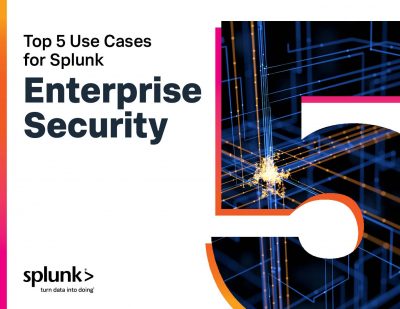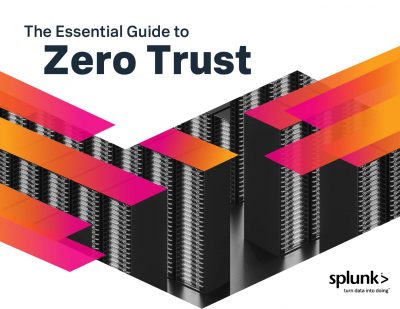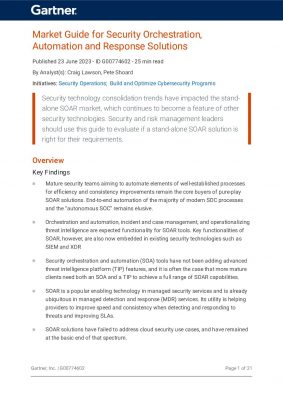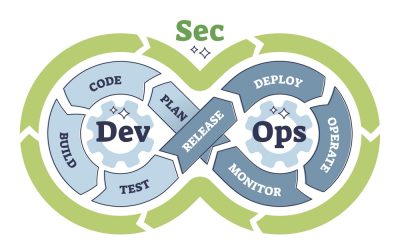Highlights:
- Businesses should prioritize comprehensive solutions covering all aspects of operations, offering leading storage and data management.
- The solution should cover everything from desktop to data center, offering simplified administration, improved security, and compliance management.
Data largely drives the economy, and Forbes suggests by 2025, there will be a demand for housing 175ZB of data.
The story doesn’t end there. IBM highlighted shocking statistics from the 2023 IBM report, revealing that 95% of surveyed organizations experienced multiple breaches, with 57% passing incident costs to consumers instead of increasing security investments (51%).
It shows poor data storage and management solutions can hamper your ability to serve customers effectively in the long run.
Data Storage Challenges and Business Scenarios that Might Feel Familiar to You
Data challenges may involve issues concerning data quality, security, privacy, integration, and beyond, impeding both effective decision-making and streamlined operations.
Businesses face major issues in data storage and management, including:
- Downtime
- Data sprawl
- Slow insights (difficulty in accessing data)
Beyond this, let’s study the current business scenarios to pinpoint the specific issues companies face and where they are lacking.
-
Business need: Transitioning to a hybrid cloud infrastructure (HCI)
Challenge:
Ensuring reliable and efficient backup and restoration of extensive NAS and SMB shares.
Scenario:
Managing data is tough and expensive. We struggle with complex systems, high costs, and slow recovery times. Meeting data rules is hard, and our old protection methods are outdated. It’s a hassle to verify new software and extract useful insights from our data.
Lacking:
Absence of effective services to meet the diverse needs of hybrid cloud environments.
-
Business need: Protecting against ransomware attacks
Challenge:
Performing backups can be detrimental to daily production operations.
Scenario:
The risk of missing significant business data is high in public as well as private sectors. If data is lost, clients might lose faith in the company, which can impact its reputation. Recovering from such a loss can be very costly, including paying for ransomware and other allied efforts.
Lacking:
Absence of backup from storage snapshots.
-
Business Need: Microsoft 365 users must back up their data – Microsoft does not do it automatically
Challenge:
Quickly recovering data in any failure scenario.
Scenario:
Investing time in searching and recovering deleted items for employees shows inefficiency. Employees are irritated by the slow recovery of Microsoft 365 data, which doesn’t fulfill company expectations. Concerns arise about the security risk of not having direct access and control over enterprise data, depending solely on what Microsoft offers.
Lacking:
There is no snapshot orchestration.
-
Business need: Effectively backup and restore SAP HANA workloads and applications
Challenge:
Facing difficulty in finding what is needed during a recovery, potentially hampering the business.
Scenario:
The business needs to back up and restore SAP HANA workloads and apps effectively. Managing vital business tasks and applications while guaranteeing continuous access to databases and native SAP features is a tough game. Operations must proceed without interruption, with the ability to back up and restore to a preferred state.
Lacking:
- Absence of a compliant SAP backup solution.
- Ineffective snapshots and replication solutions.
- Not taking encryption seriously.
-
Business need: Optimizing costs with storage-as-a-service (STaaS) by paying for utilized storage
Challenge:
New software updates risk disrupting critical production tasks.
Scenario:
Companies are expecting customizable “as-a-service” solutions for businesses of all sizes. They wish to have an option to pay for storage based on usage, which simplifies decision-making and provides scalable storage that grows with their data.
Lacking:
- Ineffective monitoring of storage consumption.
- Data lifecycle management tools are not in place.
The above data and storage challenges can be resolved with better solutions in place. As you understand the importance of data for your business, you have to be picky and particular before purchasing any service.
Profitable Data Storage and Management Solutions for Businesses
Businesses should focus on buying comprehensive solutions that address all aspects of their business operations and provide top-notch storage and data management services.
The solution must encompass:
- Quick recovery from data loss or corruption.
- Scalable, pay-as-you-grow storage options.
- Backend rebates for efficient operations.
Comprehensively, it should also include:
-
Self-servicing, scalable, all-inclusive solutions
- It should be available for all workloads, whether cloud-based, virtual, or physical.
- It should provide robust backup and immediate recovery, and it should be highly secure.
- It must handle the important Microsoft 365 data at an attractive cost.
-
Built-in solutions
- It should cover everything from desktop to data center, offering simplified administration, improved security, and compliance management.
- It must give you an extensive range of infrastructure solutions for data centers and software-defined environments.
- It should give you full access and control of your Office 365 data and avoid the risk of data loss.
Your service provider should at least offer these services. Additionally, ensure your service provider is giving you access to the latest data center hardware.
Beware of the Discounted Data and Storage Management Services
No service can accurately determine the data storage and management costs until they thoroughly study your data needs.
The cost adds up with operational processes, monitoring, and dealing with storage issues. So, clearly, the upfront cost of data storage is not the main and only expense.
However, a cheap or falsely discounted data and storage management service will never offer genuine insights into the proper handling of your data.
They might deceive you with promises of global accessibility and round-the-clock availability of your data. Additionally, they might impose charges for additional hardware and other unforeseen costs in the future.
Endnote Considerations
Data storage management solutions aim not only to expand capacity but also to optimize existing resources and seek enhancements. Therefore, prioritizing external storage vendors and data centers that stay updated with the latest technology is crucial when selecting the best service providers.
Furthermore, it’s essential to comprehend that the scalable data storage management process involves various techniques, software, and hardware. This comprehensive approach enhances productivity and, consequently, business outcomes.
In the end, implementing a comprehensive data management system is imperative for meeting enterprise data storage and management needs.
Enhance your understanding by delving into various data-related whitepapers accessible through our resource center.










































































